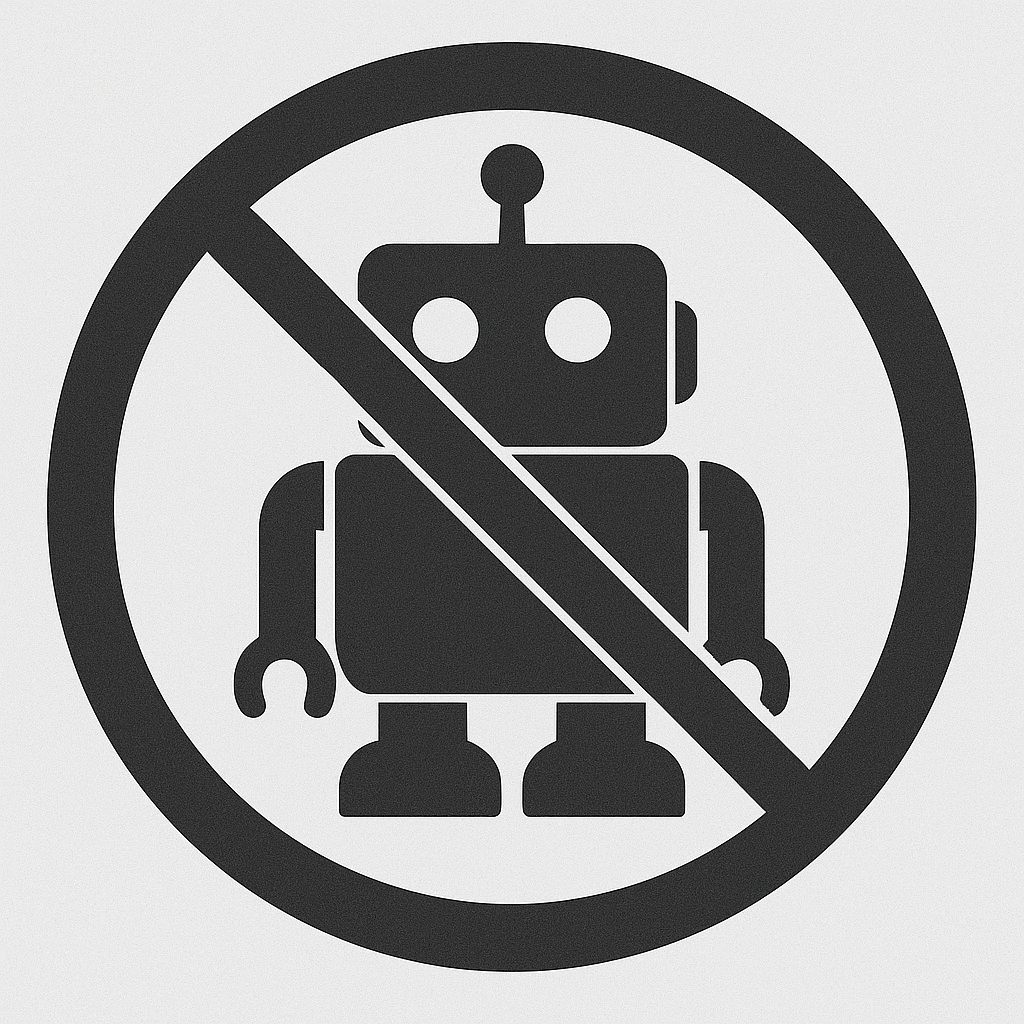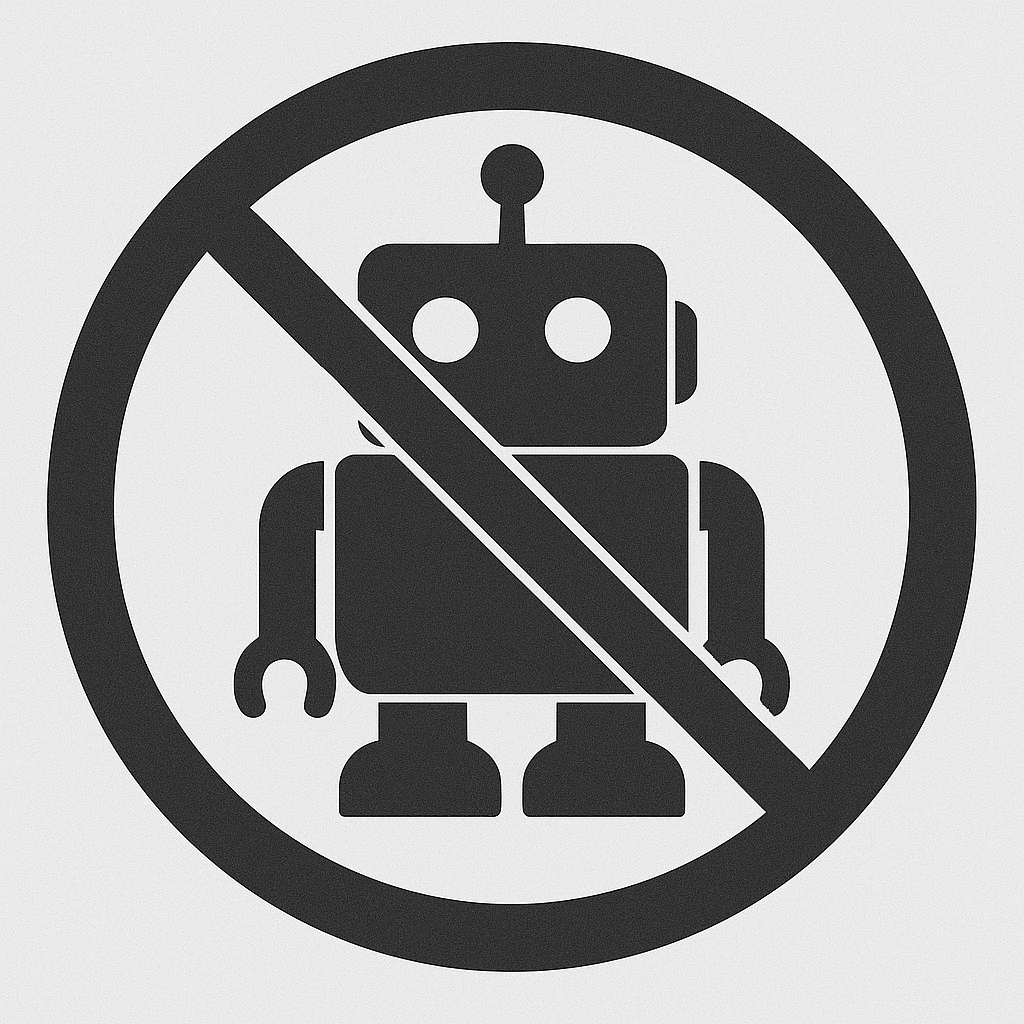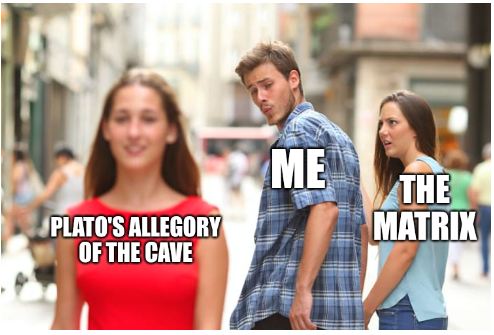Look Busy, the Robots Are Coming!
How I Stay Afloat Against a Rising Tide of Machines


Are you sitting there thinking “the AI is coming for my job, what am I going to do?”
I work with AI every day and I can’t give you a step by step guide to how to remain bulletproof as the machines continue their seemingly inexorable rise.
Nobody can give you that. If they say they can, they’re a liar, don’t give them your money.
Thanks for reading! Subscribe for free to receive new posts and support my work.
Here is what I have found useful:
Develop your creativity. AI’s still struggle to connect ideas from different domains. For now, humans have the edge on the machines in this regard. So exercise your creative muscle: draw, make music, write.
You might say “but Si, I am not creative”. I call bullshit on that with love and kindness. You either haven’t found your creative centre or you’re afraid of what you create being ‘wrong’ because you’ve been raised in a society that is explicit in what it rewards and your art doesn’t fit that reward structure.
When I first started learning the harmonica, I went and practiced by the railway tracks so the passing trains would drown out the cacophony. If I’d based the decision to continue on how good I was back then, I would have stopped 7 harmonicas ago.
Seek out different perspectives. Because where else are you going to get those ideas from different domains? This can be as simple as finding a new place to get coffee, changing where you sit at a regular haunt, giving you a different view on a familiar scene. You’re trying to increase your exposure to what’s unfamiliar as a way of increasing the variety in your experience.
This is a two for one because tech and the society it influences is progressing at seemingly ever-increasing speeds. So you need to develop your tolerance for the unfamiliar as it’s going to take up larger and larger amounts of your time.
A side effect of being asked to deal with the unfamiliar is that you need to get used to being wrong and being a beginner at things. Notice I said ‘being a beginner at things’ not ‘being shit at things’. Be kind to yourself. You’ll be a lot happier. It’s not that you don’t know stuff, it’s that you don’t know stuff yet.
Check how much you connect with other humans. I don’t count going to the pub and getting wasted with the same folks in the usual place at 5pm every Friday after work. Not because I’m some kind of prohibitionist but because you’re not actually connected.
Everyone’s together drinking their own drink, and getting their own version of drunk. And that can be a lot of fun but it’s not collaborating on a shared goal. That’s why I do improv comedy. Every time I work with my scene partners to build a shared reality, a shared story, I learn to trust, and develop connections with, a few of the people with whom I share a planet.
If you’ve read this far you might be saying “yeah yeah, that’s all very well Si but where are the things I can actually learn? What’s going to be on the test?”
The test is happening all the time. It’s your life and how happy you are with your current reality.
But for all you Hermione Graingers out there who want some specific learning outcomes, try these on for size:
Learn Prompt Engineering. ‘Prompt engineering’ is the unnecessarily intimidating term for how you format what you enter into chatGPT (other Large Language Models are available) to get the best results. It’s all natural language, no engineering required! Like Ethan Mollick said, spend about 10 hours on jobs you need done and find out what AI can do for you. And what it can’t. Then, with caution, see how much of your job you can get done without you doing the work. Spoiler alert: cooking and cleaning not included on any AI’s feature set.
Learn some philosophy. Develop your critical thinking skills. Because asking better questions is always in style. If you can sharpen your mind and cut through the unnecessary noise to get answers to “what is actually happening here?” or formulate new questions that turn the noise back on itself, you’ll save yourself a lot of time and, in some cases, money.
Some resources I have found easy to read and understand which helped set my mind free:
Super Thinking by Gabriel Weinberg and Lauren McCann
The Great Mental Models by Shane Parrish and Rhiannon Beaubien
How to Think Like a Philosopher by Julian Baggini
Develop your physical intelligence. By which I mean learn a trade that the machines still fail at. Something like plumbing, carpentry, anything you do with your hands, something where action is influenced by, and combines with, touch, feel, sight, sound and smell. Full disclosure: harmonica and jaw harp do this job for me (despite years of home ownership, my DIY skills are still in the “I’m not good at this yet” bucket.)
So, I repeat, be kind to yourself as you develop any skill.
You don’t need to be brilliant, you just need to avoid stupid. That will get you a lot of the way there (wherever your ‘there’ is).
These are the skills I use every day and they keep me together in a world that sometimes seems like it’s falling apart.
Thanks for reading! Subscribe for free to receive new posts and support my work.




